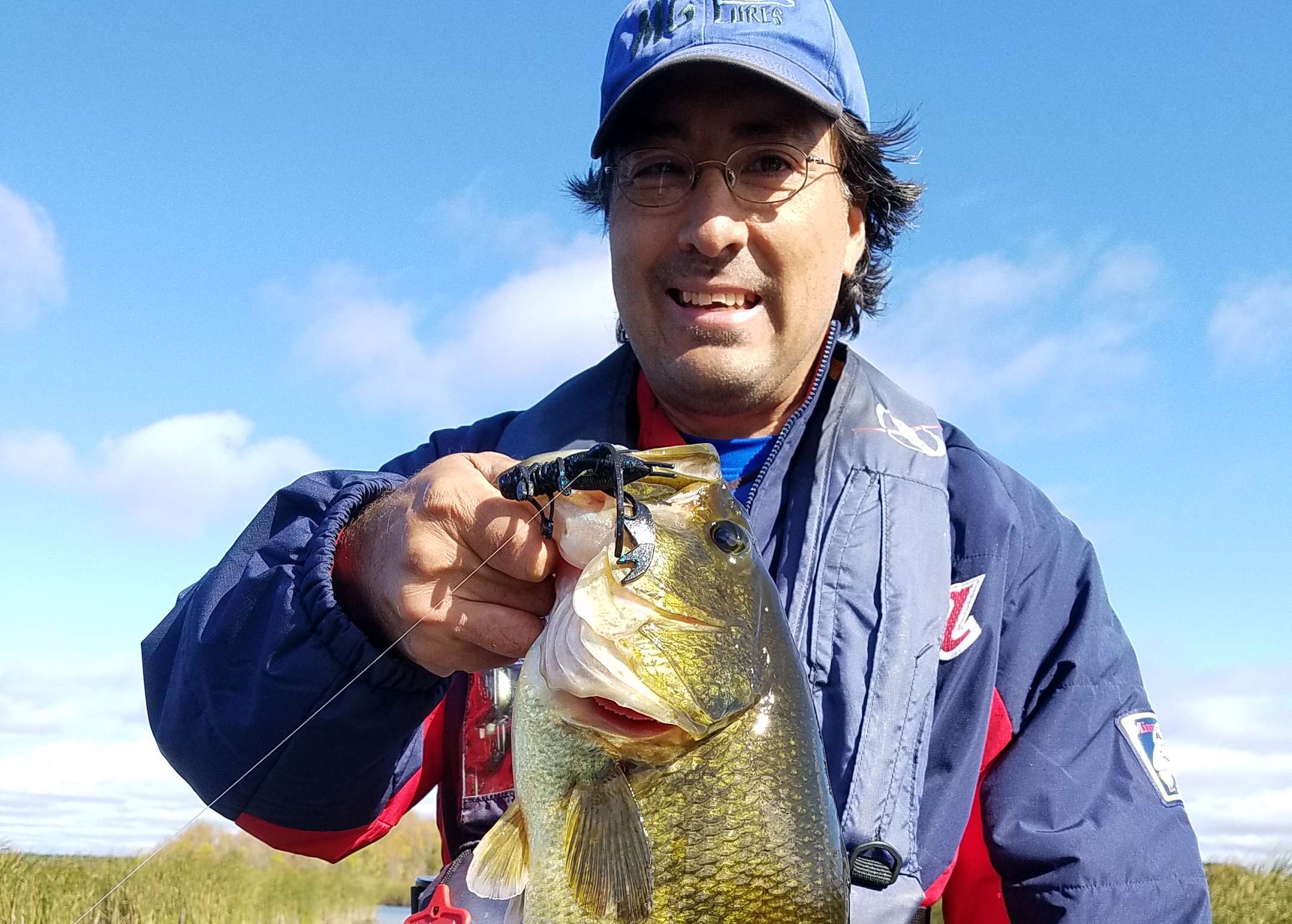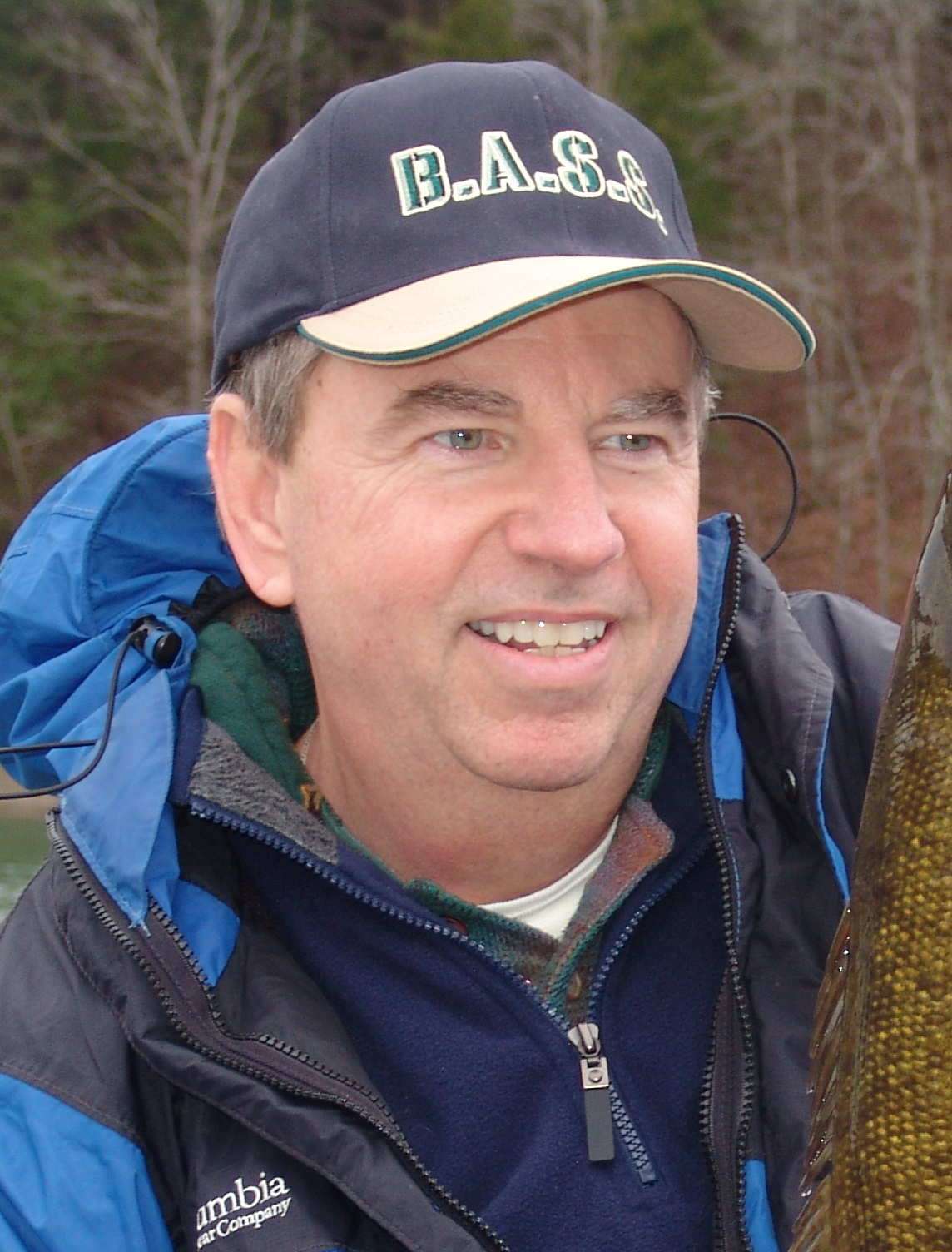
SHAKOPEE, Minn. – When B.A.S.S. turned the spotlight on the need for anglers to properly dispose of used plastic baits in 2011, the Minnesota B.A.S.S. Nation (MBN) was among the first to get onboard with an organized effort, thanks to Mickey Goetting.
The web developer and lure maker (MG Lures) who recently stepped down as state conservation director (CD) collected the baits, melted them down and turned them into new ones for use by Junior Bassmasters and other young anglers.
Today, thanks to Goetting’s efforts, the MBN is an active member of both ReBaits and Keep America Fishing’s more recent Pitch It campaign.
“Unlike many of the other B.A.S.S. Nations, habitat is plentiful and not an conservation issue (in Minnesota),” said the Sportsmen Bassmasters member who served as conservation director for a decade.
“I am proud that we have projects that members can easily participate in, such as bass creel surveys and recycling old, soft plastic lures.”
According to the MBN website, the effort has kept 286.9 pounds of plastic baits out of Minnesota waters. Nationally, meanwhile, ReBaits, a program founded by former Florida CD Eamon Bolten, estimates that it has recycled more than 5,000 pounds.
Besides leading Minnesota’s recycling effort, Goetting also built and maintains the software used for the creel surveys. Fishermen can access survey data through the MBN website, as well as contribute.
The surveys provide the Minnesota Department of Natural Resources with information such as catch per effort, maximum size and mean weights and relationships to lake habitat conditions. From 2003 to 2015, anglers turned in 2,941 surveys, detailing 22,118 hours on 210 bodies of water.
Under Goetting’s guidance, the MBN also implemented tournament-angler best practices.
“After the B.A.S.S. Elite event coming to Mille Lacs, we revamped our tournament fish care to follow the same procedures and setup,” he added.
Aquatic invasive species and boat inspections to prevent their spread became progressively more important issues during Goetting’s tenure.
“We want all users to follow the same rules and be responsible boaters to prevent the spread of aquatic invasive species,” the Shakopee angler said.
“Minnesota has the same challenges are many of the northern tier states, including private property owners on our bodies of water who view bass tournaments unfavorably,” he added.
Goetting said that he viewed his CD role as being a representative for the MBN on aquatic invasive species and bass management in dealing with the DNR, as well as informing members of issues and encouraging them to get involved.
The volunteer position, he added, “really does not have a defined set of tasks or outcomes. You really need to be open-minded and handle challenges as they come along. It is far more political involvement than I had known prior to taking the position.”
Goetting remains a key member of an advisory committee set up by the DNR that connects bass anglers and biologists – providing the agency with valuable stakeholder input on regulation proposals, tournament permitting requirements, invasive species and vegetation management.
B.A.S.S. National Conservation Director Gene Gilliland said that Goetting “has been a good one. He was at a DNR meeting recently even though he’s no longer the conservation director. That’s dedication.”





